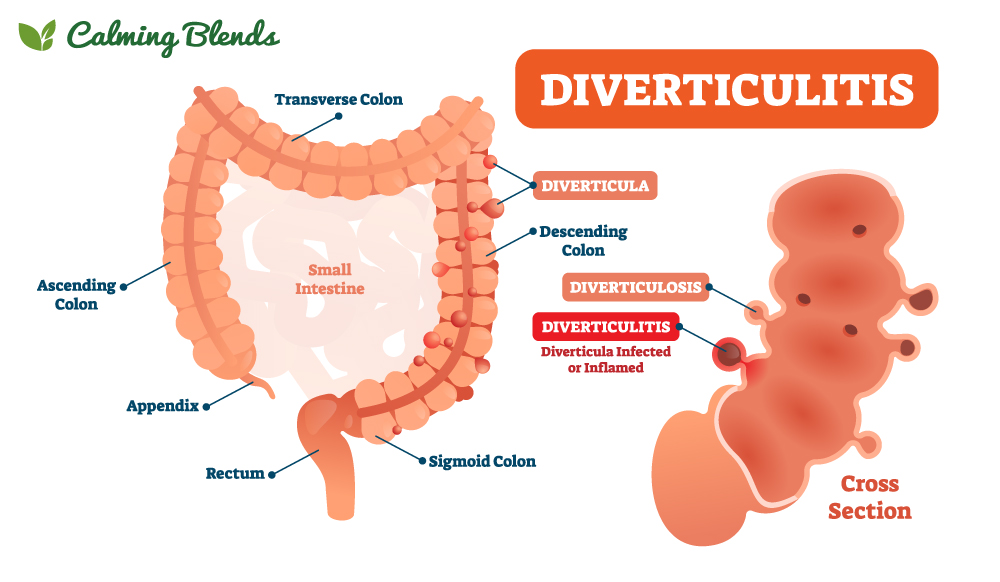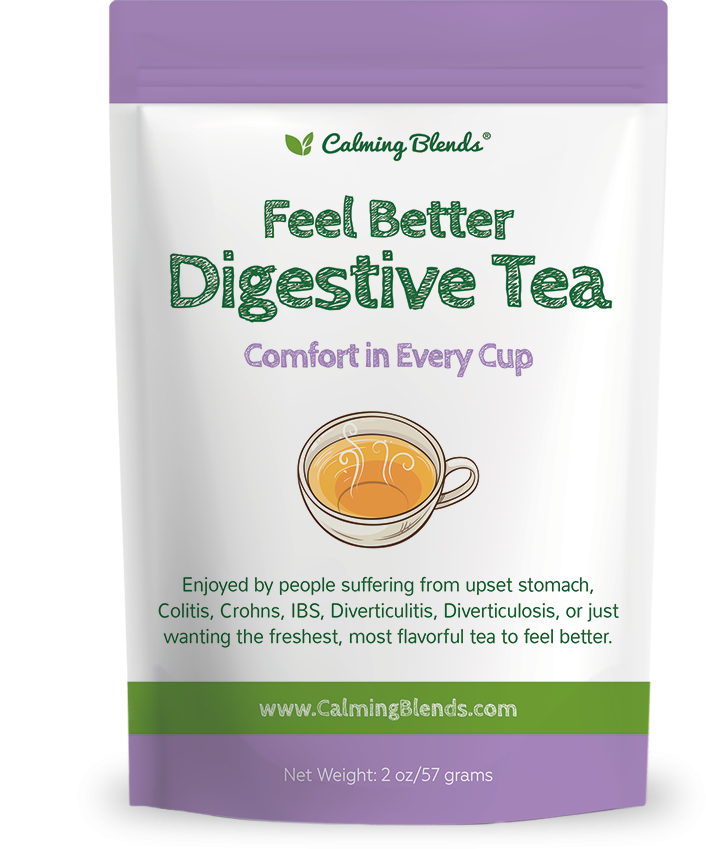What is Diverticular Disease?
Diverticulosis and diverticulitis are two different diseases with similar sounding names. Both fall under the umbrella of diverticular disease, a disease which primarily affects the colon.
Diverticulosis is the name given to diverticular disease when the patient has few if any symptoms. Diverticulitis is the more serious form of the disease when symptoms such as inflammation, bleeding, abdominal pain, internal leakage and infection begin to appear.
The word “diverticula” refers to the presence of sacs in the lining of the lower intestine (colon) and/or bowel. These sacs can be tiny or quite sizable. As they grow, they become more prone to perforation. Diverticula are most commonly formed during bouts of constipation when there is straining to eliminate.
Approximately 10 percent of people aged 40 to 60 may suffer from diverticular disease. This estimate increases to 50 percent for adults aged 60 or older. By the time most people turn 80, they will have some diverticula.
While diverticula formation becomes increasingly common with age, only about 20 percent of sufferers experience complications. Diverticular (rectal) bleeding is one of the most common complications, and is caused when small blood vessels become injured and begin bleeding. Often, the blood is first noticed when it appears with the bowel movement.
Diverticulosis is the other common complication. When the diverticula fill with waste, they can begin to swell or become abscessed or infected, causing uncomfortable and sometimes dangerous health symptoms.
Causes and Risk Factors of Diverticular Disease
Causes
Diverticula usually develop when naturally weak places in your colon give way under pressure. This causes marble-sized pouches to protrude through the colon wall.
Diverticulitis occurs when diverticula tear, resulting in inflammation, and in some cases, infection.
Risk factors
Several factors may increase your risk of developing diverticulitis:
- Aging.
- Obesity.
- Smoking.
- Lack of exercise.
- Diet high in animal fat and low in fiber.
- Certain medications. Several drugs are associated with an increased risk of diverticulitis, including steroids, opioids and nonsteroidal anti-inflammatory drugs, such as ibuprofen (Advil, Motrin IB, others) and naproxen sodium (Aleve).
Symptoms of Diverticular Disease
In diverticulosis, patients typically have no symptoms at all, or perhaps just a slight tenderness or cramping in the abdomen.
The signs and symptoms of diverticulitis include:
- Pain, which may be constant and persist for several days. The lower left side of the abdomen is the usual site of the pain. Sometimes, however, the right side of the abdomen is more painful
- Nausea and vomiting
- Fever
- Abdominal tenderness
- Constipation or, less commonly, diarrhea
Managing Diverticulitis Symptoms
There is always a chance diverticulitis symptoms may resolve without medical treatment. However, in most cases, the doctor will want to prescribe a course of antibiotics to reduce risks related to abdominal infection.
Depending on the severity of the infection, antibiotics may be administered orally at home or intravenously in a hospital setting.
While the infection is still active, it may also be advisable to eat a low fiber menu and stay fully hydrated to give the intestine and bowel time to heal. To help relieve symptoms of cramps, nausea, bloating and abdominal pain, the all natural herbal tea like Calming Blends tea can be taken up to three times a day. The herbs found in the tea have been known to help calm and soothe the intestinal tract.


